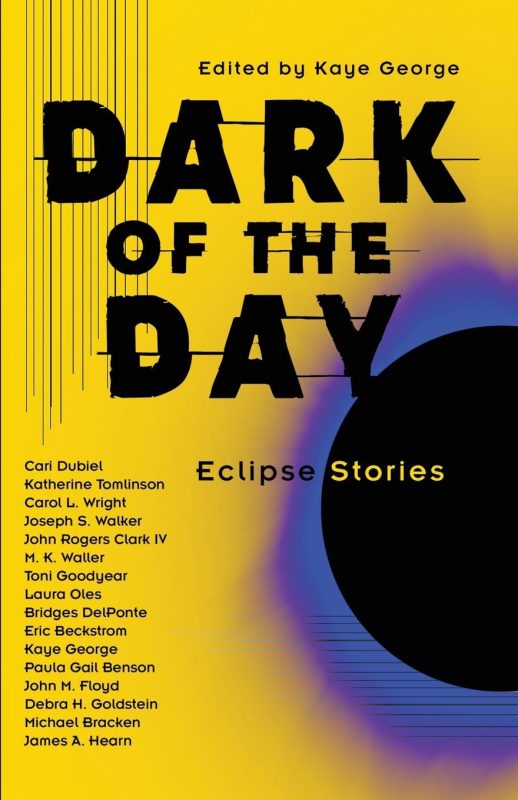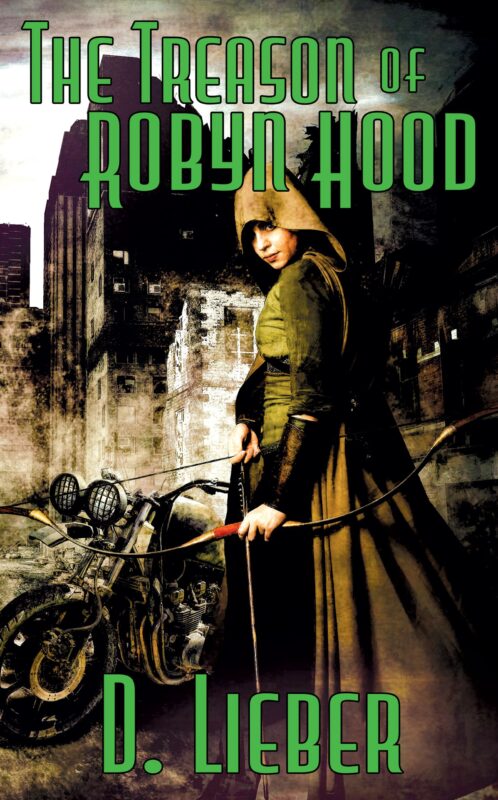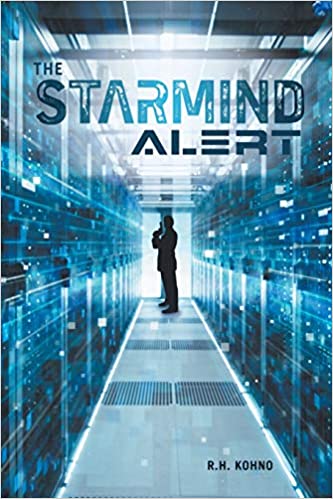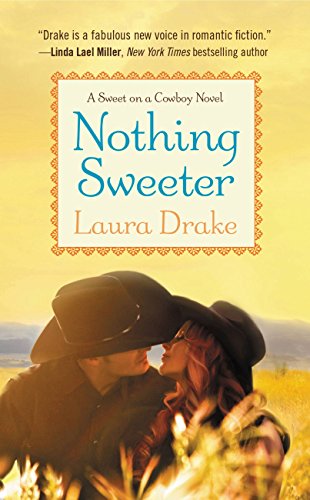The Opening Image
February 17, 2020 by Kidd Wadsworth in category Infused with Meaning by Kidd Wadsworth tagged as emotions, Opening Scene, Save the Cat! Writes a Novel, Story Genius, Your First 1000 CopiesEmotionally Connecting with Your Readers
Kidd Wadsworth
I have three go to books on my writing shelf: Story Genius by Lisa Cron featured in my first blog post, Your First 1000 Copies by Tim Grahl and Save The Cat! Writes a Novel: The Last Book on Novel Writing You’ll Ever Need by Jessica Brody. Yes, I’ve got other writing books, hundreds, but these three are the superheroes, the Avengers, of writing books.
Save The Cat! is about pacing. An expectation, of what will happen when, has been created in readers by television and movies: the sidekick should be introduced in the first quarter of the novel; at the midpoint someone will die; etc. Yes, you can break these rules, if you’re good, very good, but if you follow them, your novel will tend to be more readily accepted by agents and readers alike. The Save the Cat! formula begins with a single scene, an opening image, which should establish an emotional connection between the reader and your protagonist. Below is the opening image to my novel The Dream Seer. Your comments are earnestly solicited. If I don’t get this right, I’ll lose the reader on the first page.
*
I woke with a Cottonmouth hissing and coiling in my gut. The California sun shone all bright through my window—right into my eyes. Outside, in a tree, a little yellow bird decided to serenade me, chirping out happiness. I pulled the covers over my head.
Dad hadn’t called, not for three days. He always called. We had a standing breakfast Skype appointment. Grandfather would even set place for Dad at the table. If he fixed banana pancakes—Dad’s favorite—he’d make an extra stack and sit them right in front of the computer screen where Dad could see them, just to let Dad know that we were thinking about him.
Dad would look oh-so-longingly at those pancakes and say, “Thanks.”
Grandfather said Dad’s mission had probably gone long or the base was on a communications blackout. Guess that had to be it. I mean, everyone knows that its practically impossible to kill a Navy SEAL. SEALs are the most highly trained soldiers in the whole world.
Big feet moseyed down the hallway and into my room. Grandfather gave my hammock a swing. “Time to get up, sailor.”
Underneath the blanket my hands curled into fists.
“Hmmm…, Grandfather said. “I see.”
I didn’t know what he was seeing, but a lump of covers.
“Would you like to talk?” he asked.
“About what?”
“I’m here for you, son.”
“Don’t you need to be fixing breakfast?”
Through the covers he kissed my forehead. Then his footsteps headed for the kitchen. Soon enough came the sound of whistling and a spoon hitting the side of a mixing bowl.
Ding. Must have been heating syrup in the microwave.
I reckoned it was no use. I had to get up, and I had to go to school. That’s what it’s like when all the men in your family are in the Navy. You grow up knowing you’ve got to follow orders, even if nothing about the world makes you want to be living in it.
*
Tell me, do you want to read more?
Pivotal Moments by Kidd Wadsworth
August 18, 2019 by Kidd Wadsworth in category Infused with Meaning by Kidd Wadsworth tagged as Emotion, Story Genius, writing
Weird. Dumb-ass. Late bloomer. How wonderfully my family described me. Yeah, you guessed it. I hated me, too. At fifteen, I had the social skills of a toilet brush. I spent most of my day desperately trying to say the right thing, so maybe I’d have some friends. Only in World History did I feel accepted. With her fantastic stories, my teacher brought history alive. She encouraged discussion. Even seemed to like me.
Forty-plus years later, I still remember how the room smelled of chalk and the musky perfume of the cheerleader who sat four chairs away; how it had a cooped-up warmth from the hour-long exhaling of twenty people. We sat crammed into small desks, the kind you slid into from the side with a writing surface big enough only for a single sheet of paper. Up front sat the teacher, the green blackboard behind her filling the entire wall.

Eager to express myself, I was quick to add my opinion on socialism. I spoke against welfare and social security. Rather, I said we should take care of each other. I didn’t believe the government needed to provide these services. In fact, I thought the government did a rather poor job. I suppose I didn’t express myself well; I wasn’t clear. Even to this day, I don’t fully understand why my opinion that people should look to themselves, rather than the government, to help their neighbor, should ignite such anger. Surely, at most, I was hopelessly naïve.
For a full twenty minutes, the class raged against me, calling me mean, harsh, unkind and unfeeling. Bewildered, I tried to explain my position, but the voices only grew louder more hateful. At the end of the class, the teacher asked me to stay behind. I stood beside her desk shaking from the effort to hold back my tears. Tall and skinny, I clutched my books in front of me, my shoulders rounded down against the recent blows. I thought she would apologize to me for letting the class get out of control. I thought she saw my hurt. Instead, very gently, she said, “I’d like to tell you about the Christ.”
Perhaps I should thank her. In one sentence she managed to teach me why the separation of church and state is absolutely necessary. After all, I’d just been told by a person, put in a position of authority by the government, that my political opinions were so heinous that I must be a heathen and in need of religious indoctrination, which she was eager to supply. I politely informed her that I regularly attended church.
*
Pivotal moments in our lives are marked by strong emotions: rage, hatred, shame, regret, fear, joy, hilarity, ecstasy. It is essential that we writers learn to convey these strong emotions to our readers. Story is emotion based. If we are not feeling, we’re not reading.[1] So how does a writer learn to convey emotion? How do we teach ourselves this skill? My solution is to feel the emotion myself by first writing about a pivotal moment in my life. By grappling with my own past, by dredging up a betrayal, or the bitterness of regret, by reliving a moment of pure joy, I find that my subsequent writing tastes real. Of course, when the emotions I’m reliving are negative, the cost to me is huge, because I must bleed again, before my characters bleed at all.
3 1 Read more
What is Story? By Kidd Wadsworth
June 18, 2019 by Kidd Wadsworth in category Infused with Meaning by Kidd Wadsworth tagged as external conflict, internal conflict, Lisa Cron, Story Genius, The Wizard of Oz, writing
My writing career was going nowhere. I’d imagined hundreds of thousands of dollars of income, fame, and something far more elusive, critical acceptance. My average annual income was hovering at $42.11; rejection letters carpeted the floor. Why? What was I doing wrong? I would have fixed it…if I’d known what “it” was.
Enter Story Genius by Lisa Cron, a book recommended by one of my writing buds—and the pieces fell into place. Cron’s hypothesis: All great stories have both an internal conflict and an external conflict. Because people procrastinate, because not a one of us wants to face our inner demons, great stories use an overwhelming external conflict to force the protagonist to grapple with his or her internal conflict.

The external conflict in the story forces Dorothy and her friends to face their fears. When Dorothy is kidnapped by the flying monkeys and taken into the lair of the Wicked Witch, the scarecrow hatches the rescue plan. Hmmm…smart and decisive. The cowardly lion is willing to fight the palace guards to save her. At the end of the story, when she must leave, the tinman weeps. Dorothy who, at the beginning, was willing to listen to munchkins (who told her to follow a stupid yellow brick road to find a wizard) learns that her future is in her own feet. Remember, the wizard did not get her home. She missed the balloon. Instead, she got home by clicking her heels together. Her actions, not those of a charlatan wizard, determined her future.
Thus, we see Cron’s classic pattern:
External Conflict → Compels the protagonist to face → Internal Conflict
The Wicked Witch of the West → forced Dorothy to face→ her fears about her own future
Before I put a single word on the paper, I ask myself: What is my character’s greatest fear? Then I craft an external event so powerful that my protagonist is forced to face that fear. I leave her no room to dither or escape. Finally, when she wrestles with her fear, when she grows, when she becomes more than she ever dreamed she could be, then I know, I’ve got a great story.
~Kidd
Welcome
A Slice of Orange would like to welcome Kidd Wadsworth. Her column, Infused with Meaning, will post here on the 18th of each month. We are thrilled to have her writing for us. We hope you enjoy her posts as much as we do. Welcome, Kidd!
4 0 Read more
Affiliate Links
A Slice of Orange is an affiliate with some of the booksellers listed on this website, including Barnes & Nobel, Books A Million, iBooks, Kobo, and Smashwords. This means A Slice of Orange may earn a small advertising fee from sales made through the links used on this website. There are reminders of these affiliate links on the pages for individual books.
Search A Slice of Orange
Find a Column
Archives
Featured Books
THE STARMIND ALERT
A psychic thriller that tries to catch an arch terrorist who is like a greased cat.
More info →Newsletter
Contributing Authors
Search A Slice of Orange
Find a Column
Archives
Authors in the Bookstore
- A. E. Decker
- A. J. Scudiere
- A.J. Sidransky
- Abby Collette
- Alanna Lucus
- Albert Marrin
- Alice Duncan
- Alina K. Field
- Alison Green Myers
- Andi Lawrencovna
- Andrew C Raiford
- Angela Pryce
- Aviva Vaughn
- Barbara Ankrum
- Bethlehem Writers Group, LLC
- Carol L. Wright
- Celeste Barclay
- Christina Alexandra
- Christopher D. Ochs
- Claire Davon
- Claire Naden
- Courtnee Turner Hoyle
- Courtney Annicchiarico
- D. Lieber
- Daniel V. Meier Jr.
- Debra Dixon
- Debra H. Goldstein
- Debra Holland
- Dee Ann Palmer
- Denise M. Colby
- Diane Benefiel
- Diane Sismour
- Dianna Sinovic
- DT Krippene
- E.B. Dawson
- Emilie Dallaire
- Emily Brightwell
- Emily PW Murphy
- Fae Rowen
- Faith L. Justice
- Frances Amati
- Geralyn Corcillo
- Glynnis Campbell
- Greg Jolley
- H. O. Charles
- Jaclyn Roché
- Jacqueline Diamond
- Janet Lynn and Will Zeilinger
- Jaya Mehta
- Jeff Baird
- Jenna Barwin
- Jenne Kern
- Jennifer D. Bokal
- Jennifer Lyon
- Jerome W. McFadden
- Jill Piscitello
- Jina Bacarr
- Jo A. Hiestand
- Jodi Bogert
- Jolina Petersheim
- Jonathan Maberry
- Joy Allyson
- Judy Duarte
- Justin Murphy
- Justine Davis
- Kat Martin
- Kidd Wadsworth
- Kitty Bucholtz
- Kristy Tate
- Larry Deibert
- Larry Hamilton
- Laura Drake
- Laurie Stevens
- Leslie Knowles
- Li-Ying Lundquist
- Linda Carroll-Bradd
- Linda Lappin
- Linda McLaughlin
- Linda O. Johnston
- Lisa Preston
- Lolo Paige
- Loran Holt
- Lynette M. Burrows
- Lyssa Kay Adams
- Madeline Ash
- Margarita Engle
- Marguerite Quantaine
- Marianne H. Donley
- Mary Castillo
- Maureen Klovers
- Megan Haskell
- Melanie Waterbury
- Melisa Rivero
- Melissa Chambers
- Melodie Winawer
- Meriam Wilhelm
- Mikel J. Wilson
- Mindy Neff
- Monica McCabe
- Nancy Brashear
- Neetu Malik
- Nikki Prince
- Once Upon Anthologies
- Paula Gail Benson
- Penny Reid
- Peter Barbour
- Priscilla Oliveras
- R. H. Kohno
- Rachel Hailey
- Ralph Hieb
- Ramcy Diek
- Ransom Stephens
- Rebecca Forster
- Renae Wrich
- Roxy Matthews
- Ryder Hunte Clancy
- Sally Paradysz
- Sheila Colón-Bagley
- Simone de Muñoz
- Sophie Barnes
- Susan Kaye Quinn
- Susan Lynn Meyer
- Susan Squires
- T. D. Fox
- Tara C. Allred
- Tara Lain
- Tari Lynn Jewett
- Terri Osburn
- Tracy Reed
- Vera Jane Cook
- Vicki Crum
- Writing Something Romantic
Affiliate Links
A Slice of Orange is an affiliate with some of the booksellers listed on this website, including Barnes & Nobel, Books A Million, iBooks, Kobo, and Smashwords. This means A Slice of Orange may earn a small advertising fee from sales made through the links used on this website. There are reminders of these affiliate links on the pages for individual books.








































